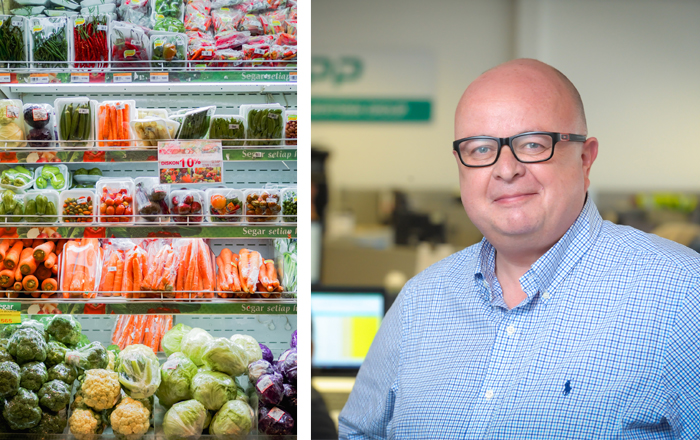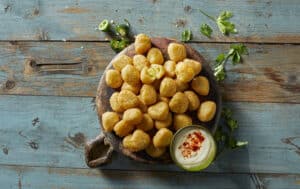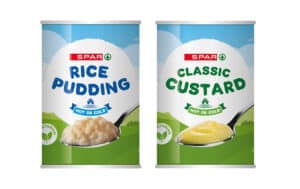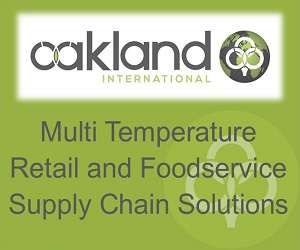From shopping to home-eating, UK foodie habits are on the move…
Britain’s taste buds are increasingly on the move in terms of changing palates, places and pace of life, according to collated research from an international business specialising in pallet distribution of food and fresh goods from the farm to the fork.
Although increased by the ongoing coronavirus lockdown, IPP, one of Europe’s leading poolers of sustainable wooden pallets from market gardens to supermarkets, has highlighted dramatic shifts in eating habits that pre-date the crisis.
With the launch of National Vegetarian Week (May 11), plant-based vegan and vegetarian meals have never been more popular, but this is a trend that has been increasing, along with choice following figures* between 2016 and 2018 that revealed a 388 per cent spike in sales – making the UK the biggest consumer of non-meat products.
This has not dented the UK appetite for barbeques, as plant-based substitutes are also taking their place alongside the traditional meat dishes vying for a space on the al fresco grill.
This was confirmed by other research findings from Kantar in 2019 which highlighted that although burgers and sausages were staples (60 per cent) of all of the UK’s 106 million barbecues last year, their share of the grill is falling. Indeed, of all animal products, only fish and primary cuts of lamb and pork were in the ascendency.
Covid-19 has also had a dramatic impact on eating habits. Figures from the Agricultural and Horticultural Development Board show that Britons are eating 503 million more meals at home as a result of the closure of pubs and restaurants – a 38 per cent increase on pre-lockdown trends.
The research also shows rises in demand for cooked breakfasts, as families are spending more time together in the mornings instead of rushing off to work and school. The AHDB figures show an additional £32 million spend on breakfasts, including cereals and an even bigger spend – £163 million – on lunches.
A further £113 million was spent at dinner and almost £200 million of additional snacks were consumed, largely as a result of pester power and having all children at home.
The figures stack up in terms of pallet movements, with one IPP food producer recording a 37 per cent increase in demand for pallets for April alone, which relates to an additional 11 per cent over the year.
According to IPP, our shopping habits used to be ‘little and often’ as recently as last year, as many householders did not know what they were eating for dinner that night before 4pm on the same day.
But although Covid-19 has in part changed this to one-stop weekly shops to maximise social distancing, a shift was already taking place away from online shopping – although the crisis has once again increased this demand.
One theory is that bulk-buying came back into vogue for environmental purposes, in order to reduce CO2 emissions from too many shopping trips, a trend that goes hand-in-hand with consumer demand for less single-use plastic packaging.
Many suppliers to supermarkets, including IPP, were also looking at better collaboration with retail customers and haulier businesses, encouraging more efficient transport and reduce empty running, the inefficient supply chain journeys with no payload.
Phil Storer, IPP’s UK and Ireland director, said: “The wooden pallet has become a barometer of trends in terms of variety and volumes. Everything that moves in the supply chain, from farm to fork, does so on a pallet so quickly reflects the nation’s trends and tastes.
“Now we are seeing dramatically different shopping and eating habits, which is being mirrored in the numbers of sustainable wooden pallets our customers are factoring into their supply chains.
“Yes, Coronavirus is a factor, particularly in the last month, but many of these trends were already taking form long before the crisis took hold.”
For more information on IPP, visit www.ipp-pooling.com.











